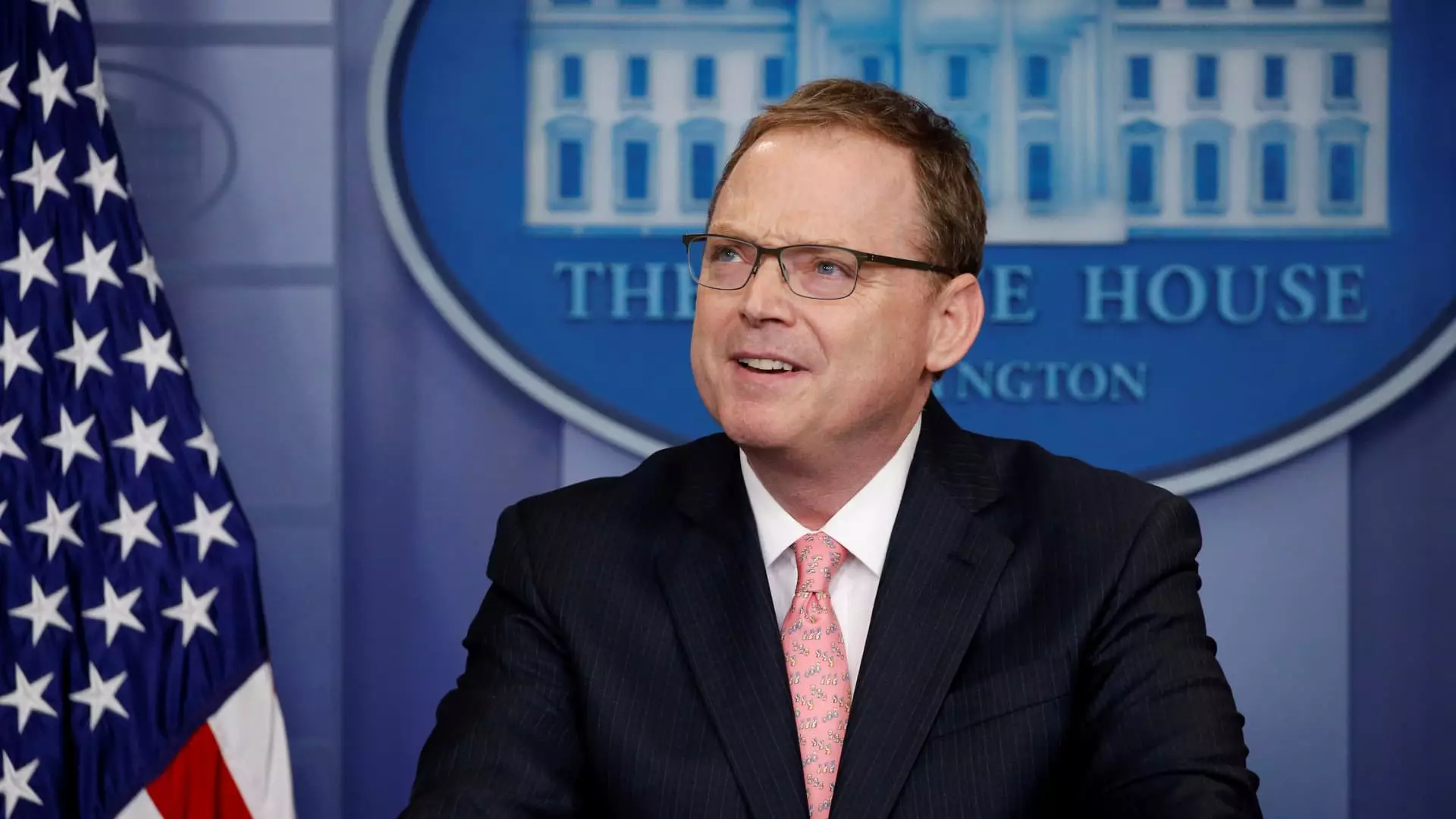In a significant move within his incoming administration, President-elect Donald Trump appointed Kevin Hassett to lead the National Economic Council (NEC), placing him at the forefront of economic policymaking. This decision not only indicates Trump’s approach to economic strategy but also reflects his intent to solidify a team that will influence vital issues such as trade policies, taxation, and regulatory frameworks. Alongside Hassett, Trump also named Jamieson Greer as the U.S. Trade Representative, marking an important step toward finalizing critical economic positions.
Hassett’s credentials precede him; he previously held the position of chairman of the Council of Economic Advisers during Trump’s first term. This experience positioned him to endorse the administration’s corporate tax reforms and the implementation of tariffs that became a hallmark of Trump’s economic doctrine. Notably, Hassett collaborated with influential figures, including Jared Kushner, and advocated strongly for sanctions against nations purchasing Iranian oil, demonstrating his alignment with Trump’s aggressive economic stances.
As he steps into this pivotal role, Hassett faces several challenges, including Trump’s commitment to increasing tariffs on imports from China by 10% and imposing a 25% tariff on Canadian and Mexican goods. These policies are expected to reshape the North American trade framework, potentially dismantling established agreements in favor of a more protectionist approach. Trump’s rationale for these tariffs, citing illegal immigration and the influx of illicit drugs, underscores a continuation of his administration’s nationalistic economic philosophy.
The selection of Hassett as the NEC head is indicative of a broader reliance on established economic advisors. With Hassett’s significant experience at the American Enterprise Institute, he brings a wealth of knowledge about fiscal policy that could be leveraged to navigate potential economic headwinds. His economic perspectives may also steer the upcoming administration’s moves toward tax reforms and an overhaul of regulatory policies, which can deeply affect various sectors within the economy.
As the inauguration of Donald Trump looms on January 20, there is an evident urgency in finalizing his economic team. Alongside Hassett, Trump’s consideration of Scott Bessent, a notable hedge fund founder, for the Treasury Secretary position further illustrates his intent to surround himself with seasoned financial experts. Each appointment will play a crucial role in navigating the complex economic landscape ahead, particularly in light of ongoing global economic uncertainty.
Hassett’s appointment signifies not only a continuation of Trump’s economic agenda but also a commitment to maintaining a robust dialogue around trade and fiscal policies. As the administration prepares to take office, the implications of these appointments promise to significantly impact U.S. economic policy, shaping the trajectory of the nation’s economic landscape for years to come. With audacious plans on the table, all eyes will be on how this economic team operates in the face of both domestic and international challenges.


Leave a Reply